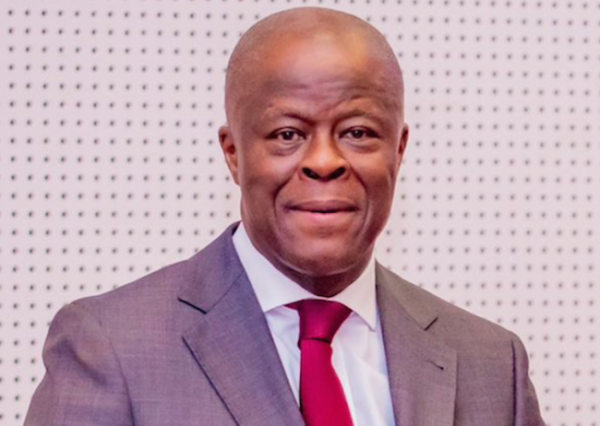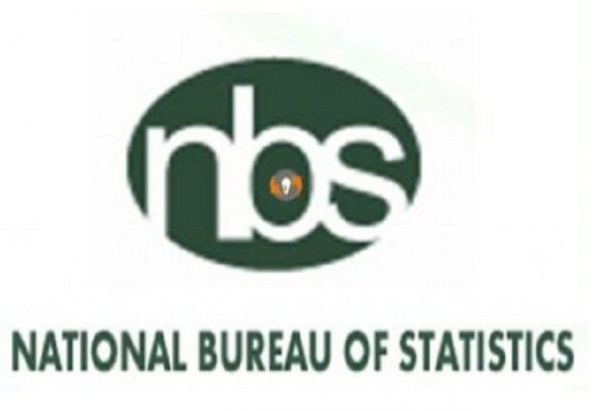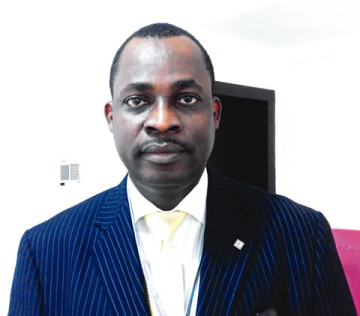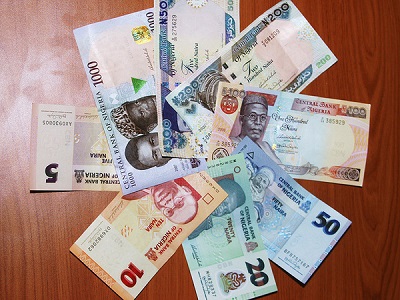FG To Issue N758bn Bonds To Clear Pension Arrears

The Federal Government says it would issue bonds worth N758bn to clear accumulated pension debts.
This includes debts owed under the old Defined Benefit Scheme before the introduction of the Contributory Pension Scheme in 2004, the Minister of Finance and Coordinating Minister of the Economy, Wale Edun, told journalists on Tuesday in Abuja.
Edun briefed State House Correspondents after the 23rd Federal Executive Council meeting at the Aso Rock Villa, Abuja.
He said after considering plans to address outstanding pension liabilities, the FG, through the Debt Management Office, will issue bonds of about N758bn to clear accumulated pension debts owed under the old Defined Benefit Scheme.
These liabilities, he explained, accumulated over the years due to periodic wage increases, and clearing them will grant long-overdue relief to affected pensioners.
According to Edun, “An equally important issue of social interventions is pensions. There was approval for the government, through the Debt Management Office, to raise a Federal Government Bond of about N758bn.
“That is to clear up the backlog of pension liabilities owed various categories of pensioners who are owed funds under the defined benefit system that preceded the defined contributions, the Contributory Pension Scheme that came into force in 2004 and was updated with a new act in 2014.
“There were some accrued liabilities which were building up over time. So, for example, someone who was on the defined benefit scheme yet to retire would need a top-up of their contributions or the amount due to them every time there was a wage increase, every five years or so. So, this liability built up to a point where it would not be easy to pay them down on an ongoing basis.
“So, to clean up that critical area and to give people their right, which is the payment of their pension liabilities as and when due, the government has put in place an approval for Debt Management Office to raise N758bn that will pay down all these liabilities and of course, be a tremendous relief to the beneficiaries.”
The council also approved a €30m (N46.30bn) long-term concessional financing arrangement from the French Development Agency.
Edun explained that the financing, in partnership with Family Homes Fund Limited as the executing agency, aims to provide sustainable, clean-energy-based student housing across various tertiary institutions nationwide—an initiative to address the acute shortage of student accommodations.
“We had a €30m long-term concessional financing by a French Development Agency, which is supporting student housing in conjunction with Family Homes Fund Limited as the partner and implementer.
“It is for student tertiary accommodation at project sites throughout the country to provide sustainable and clean energy-based accommodation for students; we all know what an important intervention that is for the educational sector and students, given the shortage,” he explained.
On economic growth and resilience, the Minister announced the FG’s approval of the National Single Window Project, an initiative designed to improve the competitiveness and efficiency of Nigeria’s export processes.
He said the project’s technology providers and hardware suppliers have been authorised to proceed.
The hardware aspects are expected to take about 12 months to deliver, while the entire software, technology, and e-government components will be implemented over 24 months.
According to the Minister, the National Single Window Project will enhance government revenues and the Nigerian economy’s global competitiveness, especially under the African Continental Free Trade Agreement.
He explained, “It also speaks to increasing government revenue. So it’s both on the fiscal side; it is both revenues earned in terms of foreign exchange and government revenue.
“It speaks to the increased productivity of the Nigerian economy, as I said before, increased international competitiveness at a time where under the African Continental Free Trade Agreement, Nigeria is pushing to be a big player, both in the ECOWAS region and the African continent.
“Why is this particularly important? We are all seeing that the world is moving away from open trade, from the rules-based world trade organisation-led world trading environment to a more closed environment, and so the regional and the continental markets will be that much more important for Nigeria.”
The Minister emphasised that, given the volume of approvals, the economic management team will harmonise and prioritise each project in alignment with the President’s immediate objectives.
These include attracting investment, creating jobs, reducing poverty, and bolstering food and energy security.
Edun further mentioned the importance of fiscal reforms such as the National Single Window Project for increasing revenue and delivering the benefits of recent reforms to both domestic and international stakeholders.
By also adhering to the new National Development Plan, he said the government aims to maintain a clear framework for implementing its programs and policies, strengthening fiscal stability and enhancing overall economic competitiveness.
Meanwhile, the council ratified the African Medicines Agency Treaty, initially adopted by the African Union Heads of State at their 32nd meeting in Addis Ababa in February 2019.
So far, 37 member states of the African Union have signed the treaty, and 26 have ratified it.
The Coordinating Minister of Health and Social Welfare, Prof. Ali Pate, said by joining them, Nigeria aims to strengthen its regulatory capacity for medical products, ensure broader access to safe and effective medicines, and pursue a continent-wide regulatory framework for pharmaceuticals.
According to the Minister, ratification will open a larger African market to goods produced in Nigeria, helping transform “made in Nigeria” into “made in Africa.”
“The Federal Executive Council today directed that the treaty be ratified by Nigeria and directed us to take all actions to give effect to the treaty.
“What does the treaty intend to do? It is to enhance the capacity of all state parties who have ratified it to improve their regulatory capacities regarding medical products, to increase access to safe, quality-assured, efficacious medical products and use common standards across the continent towards a Pan African regulatory framework for medicines, medical products and pharmaceuticals.
“The import of this is, as we move in this direction, what we produce as part of our value chain expansion will have a much broader market. So we’re expanding the market for potential products that can be manufactured here, just like other African countries. We can also trade with them for what they manufacture,” Pate explained.
The council also approved N12bn to purchase major diagnostic equipment for tertiary healthcare facilities. This includes three MRI machines and two CT scanners, which will be distributed among the University of Uyo Teaching Hospital (Akwa Ibom), the Federal Medical Center in Abeokuta, Obafemi Awolowo University in Ile Ife, the Federal Medical Center in Keffi (Nasarawa State), the Modibbo Adamawa University Teaching Hospital in Yola (Adamawa State), and the Federal Teaching Hospital in Kebbi State, alongside other equipment and infrastructure improvements.
The Minister emphasised that Nigeria’s health infrastructure is steadily advancing at both primary and tertiary levels.
“You can see that gradually, piece by piece, we have been building our health infrastructure, but in the front end and at the higher level in the teaching hospital. And we know that important things are happening.
“People are now beginning to come from the region to Nigeria and receive quality healthcare. This is already happening, including people from far away, places like the United Kingdom and the United States. So, despite what we may want to believe about Nigeria’s healthcare system, there are good things happening.
“The transformation that the President promised is beginning to happen. We need to sustain it, and we’re investing, and we continue to invest in that direction. Those are the two elements I would like to bring to your attention. The cost is N12bn,” he explained.







